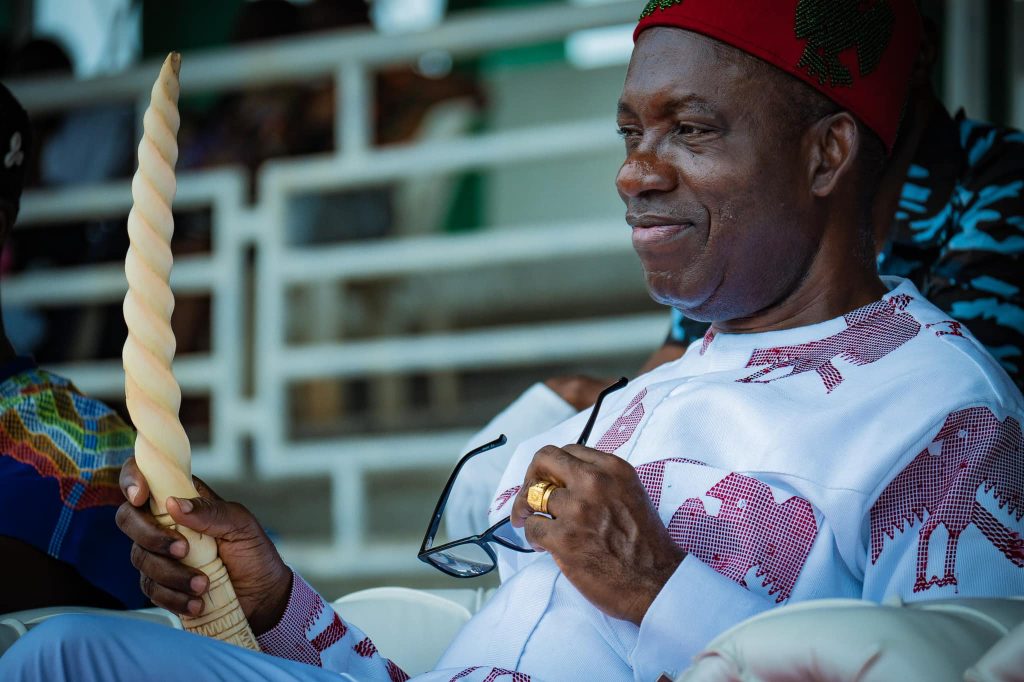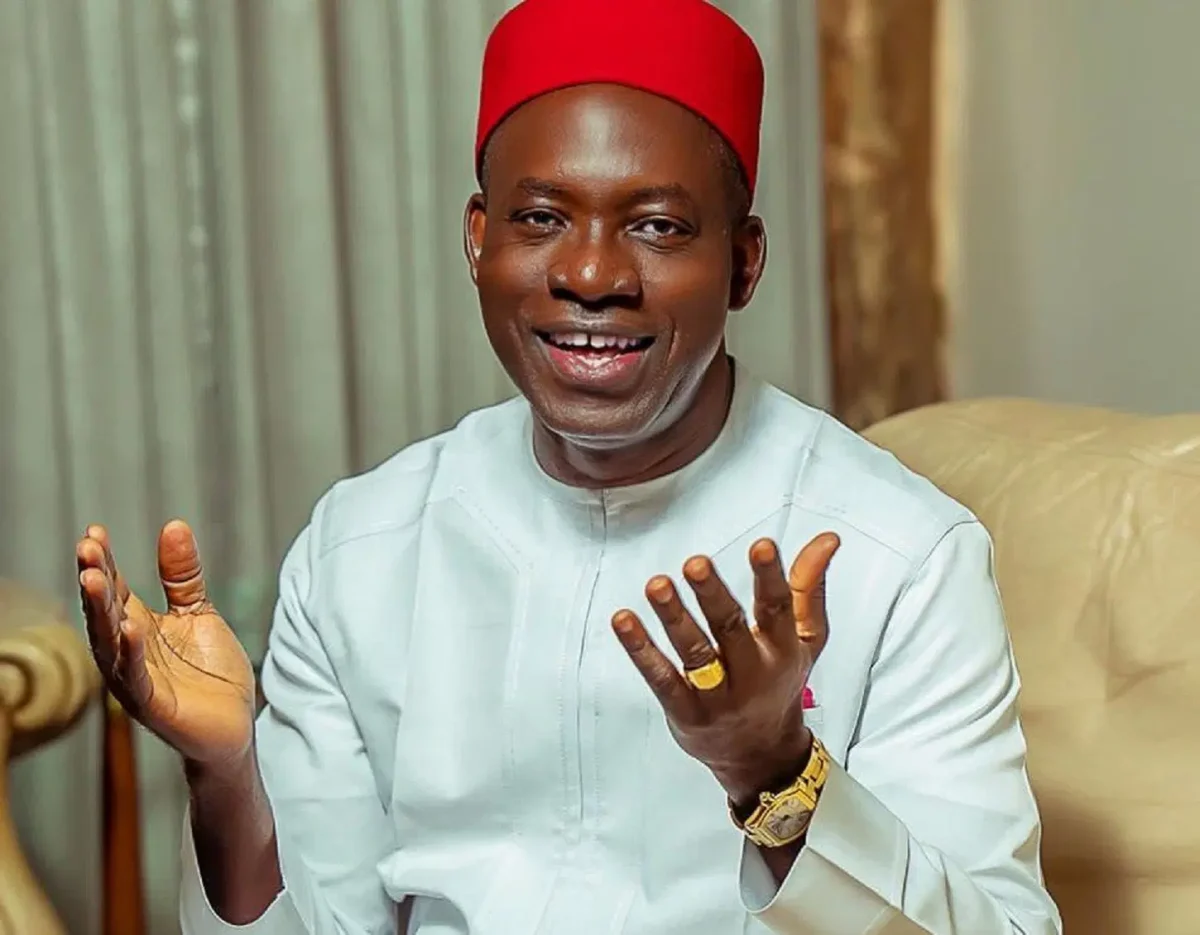Anambra State Governor, Professor Chukwuma Charles Soludo, has called for urgent and bold action to foster national unity, inclusive governance, and ideological clarity in Nigeria. He made the call during a keynote address titled “Rebuilding the Nation” at The Platform Democracy Day event held in Lagos and organised by The Covenant Nation.
The event brought together national thought leaders and policymakers to reflect on Nigeria’s democratic journey and chart its future.
In his stirring speech, Governor Soludo challenged Nigerians to reflect on the country’s identity, posing the question: “Was Nigeria ever truly a nation—or is it still becoming one?” He argued that Nigeria’s historical experience has been characterised by persistent ethnic, religious, and ideological divisions, which continue to undermine national cohesion.
Referencing Nigeria’s founding fathers and the post-independence era, Soludo observed that while the national anthem proclaims unity in diversity, “in practice, difference too often divides rather than unites.”
Rather than idealising the past, Soludo urged for a forward-facing national conversation focused on forging a common identity rooted in shared values rather than geography, tribe, or religion. “A person who has lived, worked, and paid taxes in a place should not be treated as an outsider,” he stated.
He proposed the creation of a Federal Bureau for National Cohesion to address historical grievances and promote healing across the country. According to Soludo, Nigeria must move towards building a “new Nigerian personality” — a national identity that supersedes ethnic and religious affiliations.

Drawing from his administration’s experiences in Anambra, Soludo cited his “One State, One People, One Agenda” governance model as an example of how unity and inclusivity can be practically implemented. He noted that appointments in his government are made based on merit, with staff and civil servants drawn from across Nigeria, not just from Anambra State.
He further emphasised that infrastructure development, education, healthcare and urban renewal projects in the state are driven by need and impact, not by political or ethnic considerations.
Soludo praised the religious tolerance commonly seen in Yoruba communities, where Christians and Muslims often live harmoniously, as a symbol of the possibilities for national unity. “We must build a country where diversity is a source of strength, not suspicion,” he said.
On the political front, Soludo criticised Nigeria’s major political parties for lacking clear ideological identities. He described them as “elite factions” rather than distinct political movements, and called for the consolidation of centre-left groups into a new Progressive People’s Alliance that could offer voters a real alternative.
Beyond party realignments, he identified deeper societal issues as root causes of poor governance. “A nation that celebrates wealth without work will always have transactional governance,” he warned. He advocated for values-based education, youth empowerment, and a merit-driven civil service.
Soludo commended President Bola Ahmed Tinubu’s economic reforms and efforts to promote inclusive governance, while urging Nigerians to take ownership of the nation-building process.
“We must mainstream the idea of One Nigeria, One Destiny,” he declared. “Nation-building is not just a project of government—it’s a shared mission of all citizens determined to birth a country that works for everyone.”


 Trending
Trending 